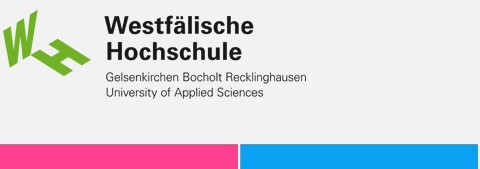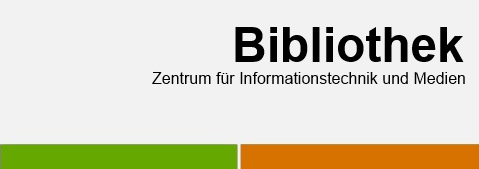Informatik, Informationswissenschaft, allgemeine Werke
Filtern
Dokumenttyp
Schlagworte
- Competency-Oriented Exams (1)
- Continuous Assessment (1)
- Didaktik Wirtschaftswissenschaft (1)
- Formative Assessment (1)
- Juristenausbildung (1)
- Legal education (1)
- Peer Assessment (1)
- Recht (1)
- Rechtsdidaktik (1)
- Wirtschaftsrecht (1)
- Wirtschaftswissenschaftliches Studium (1)
- collaborative online international learning (COIL) (1)
- distributed software development (1)
- intercultural collaboration (1)
- interdisciplinary students project (1)
- project-based learning (1)
Institut
This paper presents a pragmatic approach for stepwise introduction of peer assessment elements in undergraduate programming classes, discusses some lessons learned so far and directions for further work. Students are invited to challenge their peers with their own programming exercises to be submitted through Moodle and evaluated by other students according to a predefined rubric and supervised by teaching assistants. Preliminary results show an increased activation and motivation of students leading to a better performance in the final programming exams.
Sperical UAV: Crash Test with 1/2 liter bottle from 2 meters
The video shows the first test of a small spherical UAV (35 cm) with 4 rotors for missions in complex environments such as buildings, caves or tunnels. The spherical design protects the vehicle's internal components and allows the UAV to roll over the ground when the environment allows. The drone can land and take off in any position and come into contact with objects without endangering the propellers and can restart even after crashes.
This chapter describes a new concept and experiences of a distributed interdisciplinary learning program for students across continents. The aim is to provide students with a truly Global Intercultural Project Experience (GIPE) by working together with peers from around the world and solving real-life client’s problems. We have received seed-funding for four annual projects to engage students from Germany (Europe), Namibia (Africa), Indonesia (Asia), and Peru (South America). In 2020 and 2021, 28 and 44 students from four continents engaged in a one-semester distributed interdisciplinary project for a Namibian and Indonesian client, respectively. Despite Covid-19 they successfully completed the project expressing deep appreciation for the learning opportunities overcoming challenges of working across widespread time zones, cultures, changing requirements, and various technical difficulties. Considering the vast learning benefits, we suggest incorporating such projects in all tertiary education curricula across the globe, while streamlining organizational efforts based on lessons learned.


